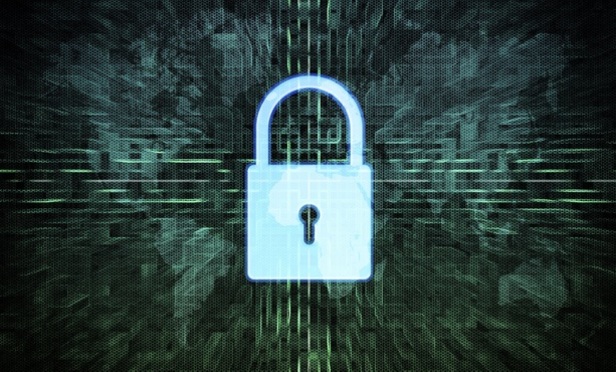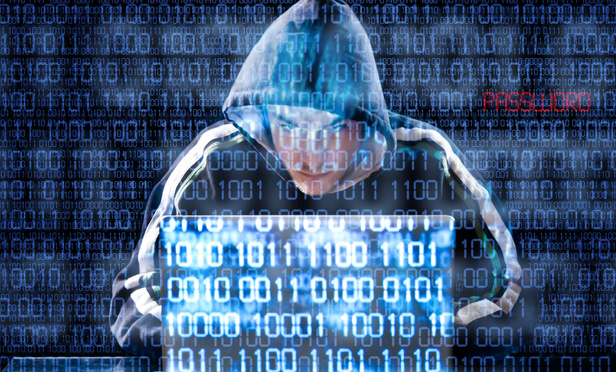Leonard Deutchman

October 27, 2016 | The Legal Intelligencer
The End of Spoliation Sanctions? The Amendments to Rule 37(e) in ActionSince the amendments to the Federal Rules of Civil Procedure pertaining to e-discovery took effect on Dec. 1, 2015, courts have issued numerous opinions holding that the amended Federal Rules of Civil Procedure 37(e) prevents the issuance of spoliation sanctions even against parties who failed to preserve, or destroyed, large volumes of Electronically Stored Information (ESI), which may have included not just responsive electronic documents but documents that substantially undercut the position of the producing parties. One such opinion is In re Ethicon Pelvic Repair System Products Liability Litigation (Taylor v. Ethicon), No. 2:12-cv-00376 (S.D.W.Va. October 6, 2016), which we will discuss in this month's article. Through this discussion we will review the inherent contradictions in the amended rule and the arguments underlying the amendment, the dissatisfaction that led to it and whether the amendments will spark dissatisfaction as they are applied.
By Leonard Deutchman
21 minute read

September 29, 2016 | The Legal Intelligencer
Authenticating ESI—There's Still A Lot to LearnIn my November 2014 article titled, "Authenticating ESI—Yours, Theirs, and a Third Party's," I examined the many ways that a party can authenticate electronically stored information (ESI). One of the cases I discussed was United States v. Vayner, 769 F.3d 125 (2d Cir. 2014), which held that where the government offered evidence that a web page existed but not sufficient extrinsic evidence (e.g., who created it, who was accessing it as the owner of the website) to show who controlled it, a screenshot from the web page containing evidence making it appear that the defendant controlled the web page was improperly admitted.
By leonard deutchman
22 minute read

September 01, 2016 | The Legal Intelligencer
Information Governance, Data Preservation and Common SenseReading the innumerable writings these days regarding e-discovery, it is impossible to ignore how many of them involve "information governance." Interestingly, most of that writing concerns collecting the data via forensic imaging or by putting into place archiving solutions, but fails to discuss how important the manner in which data is generated and organized by the party at issue is to the preservation of that data.
By Leonard Deutchman
20 minute read

August 11, 2016 | The Legal Intelligencer
Court's Reasoning on the SCA's 'Search Warrants'In last week's column, I looked at the Second Circuit's opinion in In the Matter of a Warrant to Search a Certain Email Account Controlled and Maintained by Microsoft, No. 14-2985 (2d Cir. July 14, 2016), where the court held that a warrant issued under Section 2703 of the Stored Communications Act (SCA), 18 U.S.C. Section 2701, could not compel Microsoft to produce to the government copies of electronic data stored in Ireland, even though that data could easily be accessed by a user in the United States.
By Leonard Deutchman
14 minute read

August 04, 2016 | The Legal Intelligencer
Why the SCA 'Search Warrants' Cannot Reach OverseasIn last month's column, "Cyberprivacy: It's Hard to Know What's Fair or Foul," I looked at the legal issues that arose when the federal government sought to obtain a writ under the All Writs Act to have Apple decrypt iPhones used by the San Bernardino, California, shooter in the 2015 terrorist attack.
By Leonard Deutchman
17 minute read

July 15, 2016 | The Legal Intelligencer
Cyberprivacy: It's Hard to Know What's Fair or FoulThe daily reports of the battle between Apple and the federal government to have Apple decrypt its iPhone are behind us now, but the lessons to be learned from that scrimmage are still fresh, and have not been in the least internalized. In this month's column, I will look at the matter and try to discern and discuss those lessons.
By Leonard Deutchman
21 minute read

June 04, 2016 | The Legal Intelligencer
'Friedman' Shows How a Party Can Prevail Under Rule 37(a)Despite the awful manner in which the authority produced discovery and the innumerable false statements it made in so doing, the court had no trouble denying the plaintiffs' motion for relief under Rule 37(e).
By Leonard Deutchman
7 minute read

April 30, 2016 | The Legal Intelligencer
A Party Can Lose Under New Rule 37(e), but Prevail Under Rule 37(a)In Friedman v. Philadelphia Parking Authority, Civ. No. 14-6071 (E.D.PA, March 10, 2016), U.S. District Judge Mark A. Kearney of the Eastern District of Pennsylvania, in an unpublished findings of fact and conclusions of law, carefully parsed through the efforts of the Philadelphia Parking Authority—or, more accurately, the lack thereof—to preserve and produce discovery and found that, despite large and inexplicable errors by the parking authority, there was insufficient evidence to conclude, under the recently amended Rule 37(e) of the Federal Rules of Civil Procedure, that it had intentionally destroyed or withheld discovery, and so refused to grant the plaintiffs' motion for an adverse inference instruction.
By Leonard Deutchman
7 minute read

April 05, 2016 | The Legal Intelligencer
Trial Court Reverses Itself Under the New Rule 37(e)In Nuvasive v. Madsen Medical, No. 3:13-cv-02077-BTM-RBB (S.D.CA, Jan. 26), the U.S. District Court for the Southern District of California, responding to the amendment of Federal Rule of Civil Procedure 37(e), which had gone into effect on Dec. 1, reversed its decision of July 22 ordering that a permissive adverse inference instruction be issued to the jury for the plaintiff's failure to preserve text messages (the prior decision was discussed in this column on Aug. 25). Analysis of the court's rationale reveals a fundamental flaw in the amendment to Rule 37(e), which treats matters in which a requesting party has been prejudiced by the producing party's failure to preserve potentially discoverable electronically stored information (ESI) with different, and less severe, sanctions than when the producing party intends to destroy discoverable ESI, even though, save for the rarest of cases, the evidence showing prejudice is identical to that showing intent.
By Leonard Deutchman
19 minute read

February 20, 2016 | The Legal Intelligencer
Meet the New Rule 37(e): What 'Stinson' Reveals About the RuleIn Part I of this article, we discussed the revised Rule 37(e) of the Federal Rules of Civil Procedure, which took effect on Dec. 1, and how in January the Southern District of New York, in Cat3 v. Black Lineage, 14 Civ. 5511 (AT) (JCF)(S.D.N.Y. Jan. 12, 2016), interpreted the revised rule. In Part II, we will discuss how the Southern District interpreted the revised rule in Stinson v. City of N.Y., 1:10-cv-04228-RWS (S.D.N.Y. Jan. 2, 2016), and how the courts' interpretations of the revised rule are not that different from their interpretation of the rule prior to revision.
By Leonard Deutchman
8 minute read
Trending Stories
- 1Weil Advances 18 to Partner, Largest Class Since 2021
- 2People and Purpose: AbbVie's GC on Leading With Impact and Inspiring Change
- 3Beef Between Two South Florida Law Firms Deepens With Suit Over Defamation
- 4Judge Skips Over Sanctions in Talc Bankruptcy: 'That’s A No'
- 5Hit by Mail Truck: Man Agrees to $1.85M Settlement for Spinal Injuries
More from ALM
- Legal Speak at General Counsel Conference East 2024: Match Group's Katie Dugan & Herrick's Carol Goodman 1 minute read
- Legal Speak at General Counsel Conference East 2024: Eric Wall, Executive VP, Syllo 1 minute read
- Legal Speak at General Counsel Conference East 2024: Virginia Griffith, Director of Business Development at OutsideGC 1 minute read



